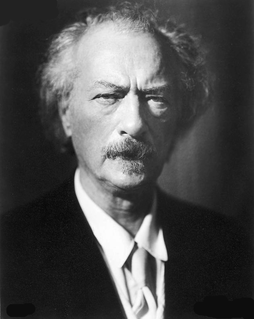A Quote by Alfred-Maurice de Zayas
A ten per cent reduction in military expenditures per year would be reasonable, coupled with a programme of retraining the workforce and redirecting the resources in a manner that creates employment and advances social welfare. I also encourage all States to contribute to the UN's annual Report on Military Expenditures by submitting complete data on national defence budgets.
Related Quotes
Meanwhile, the U.S. debt remains, as it has been since 1790, a war debt; the United States continues to spend more on its military than do all other nations on earth put together, and military expenditures are not only the basis of the government's industrial policy; they also take up such a huge proportion of the budget that by many estimations, were it not for them, the United States would not run a deficit at all.
If college cut-offs are above 90 per cent in a particular class, then where would mediocre students with 60 per cent or 70 per cent go? Students who secure 60-70 per cent marks are also intelligent, but they could not get admission in courses of their choice for scoring lower marks than the toppers.
Here's the truth. The proposed top rate of income tax is not 50 per cent. It is 50 per cent plus 1.5 per cent national insurance paid by employees plus 13.3 per cent paid by employers. That's not 50 per cent. Two years from now, Britain will have the highest tax rate on earned income of any developed country.



































